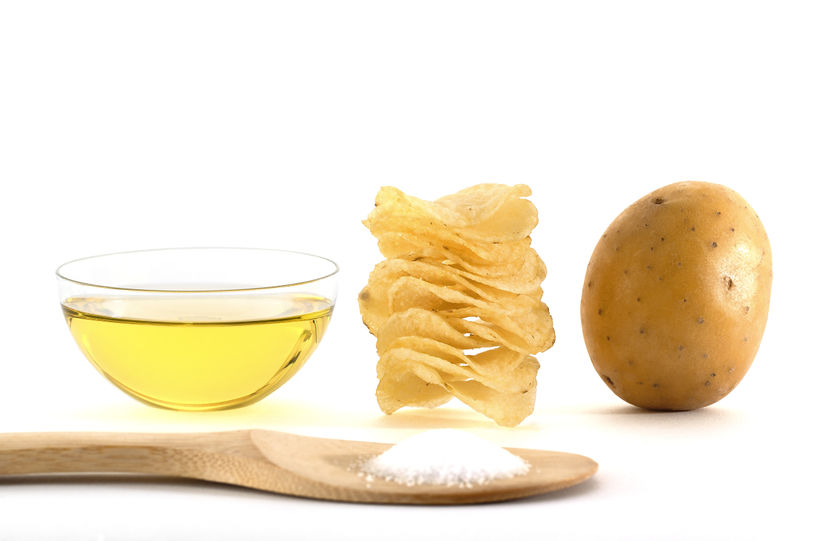Trans fats in food are history
Advertisement
New limit value protects health and makes labelling of hardening of oils and fats superfluous. OVID calls for the elimination of hardening labelling in favour of healthier fats.

OVID Association
OVID, Verband der ölsaatenverarbeitenden Industrie in Deutschland e.V.
From 2 April 2021, a new limit for industrial trans fatty acids (TFA) of two per cent will apply in the European Union. The EU is thus following the recommendations of the World Health Organization (WHO), which wants to largely ban trans fats from food by 2023. The oilseed processing industry welcomes the limit and is promoting a new start in debates about trans fats in food.
"The fairy tale of the evil trans fats in our food is still haunting the media. This has not been an issue for years. This trans fat myth harms the economy, unsettles consumers and is outdated," says Jaana Kleinschmit von Lengefeld, President of OVID Association of the Oilseed Processing Industry in Germany.
German vegetable oil refiners have already been successfully minimizing trans fats since 2012 by avoiding partially hydrogenated fats. Instead, they rely on vegetable oil blends of fully hydrogenated as well as non-hydrogenated oils, which were developed as part of a joint industrial research (IGF) project coordinated by the Research Group of the Food Industry (FEI). This opens up the possibility of increasing the content of nutritionally valuable polyunsaturated fatty acids. The fact that partial curing leads to high TFA contents and full curing to very low TFA contents is still largely unknown to the public. "The new limit protects consumers from high trans fat levels and eliminates the need for legal hardening labeling. It confuses consumers, fuels the fairy tale of evil trans fats and hinders the use of innovative, nutritionally optimized fat blends. This labelling should therefore be abolished", Kleinschmit von Lengefeld appeals.
TFAs are unsaturated fatty acids that can be formed both naturally and through food technological processes. They belong to the undesirable components of our food. According to the WHO, excessive TFA intake increases the risk of cardiovascular diseases. According to the Federal Institute for Risk Assessment, the average TFA consumption in this country is below the recommendations of the German Nutrition Society to consume no more than 1 percent of food energy in the form of TFA.
Note: This article has been translated using a computer system without human intervention. LUMITOS offers these automatic translations to present a wider range of current news. Since this article has been translated with automatic translation, it is possible that it contains errors in vocabulary, syntax or grammar. The original article in German can be found here.































































